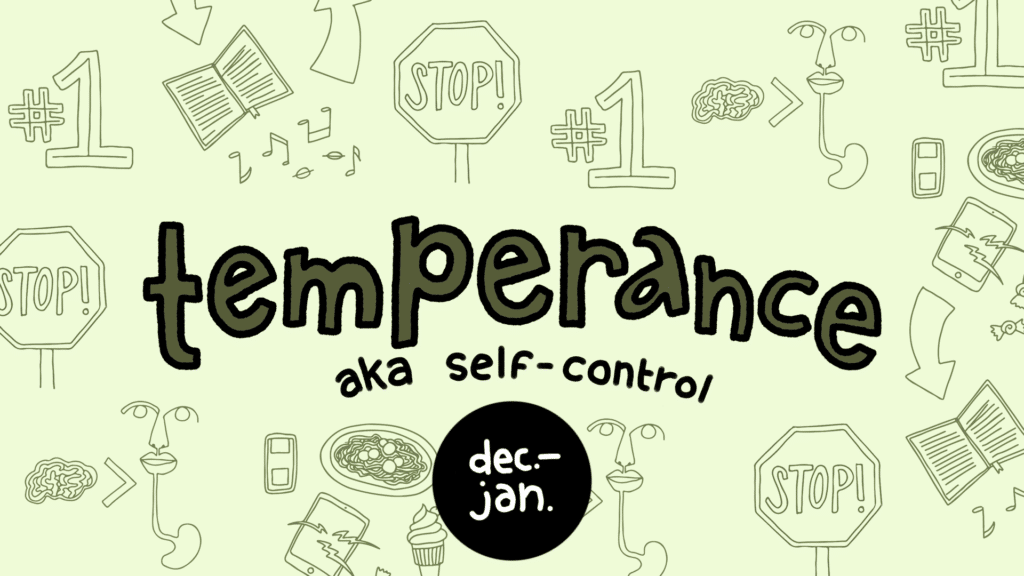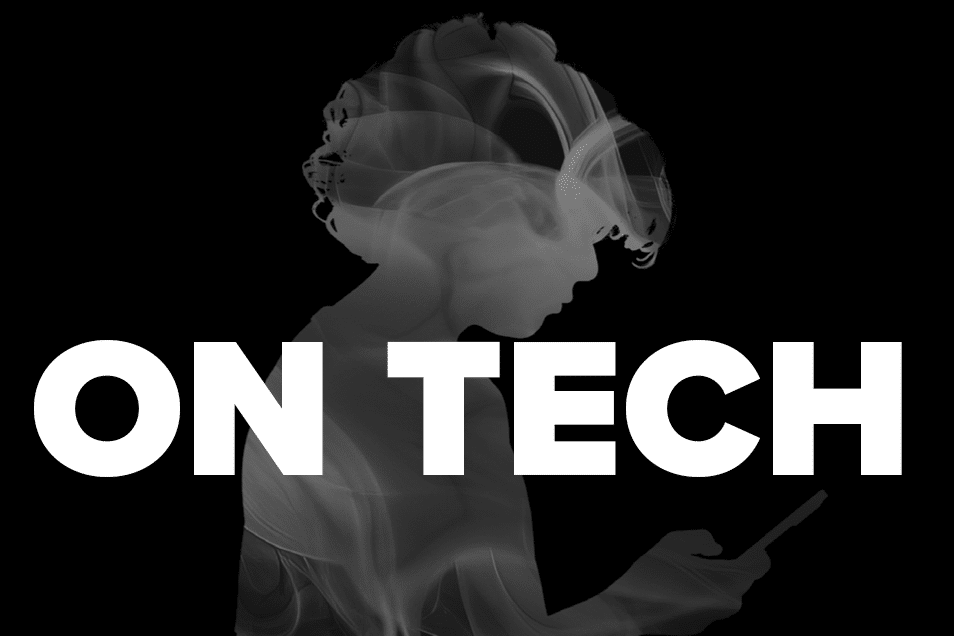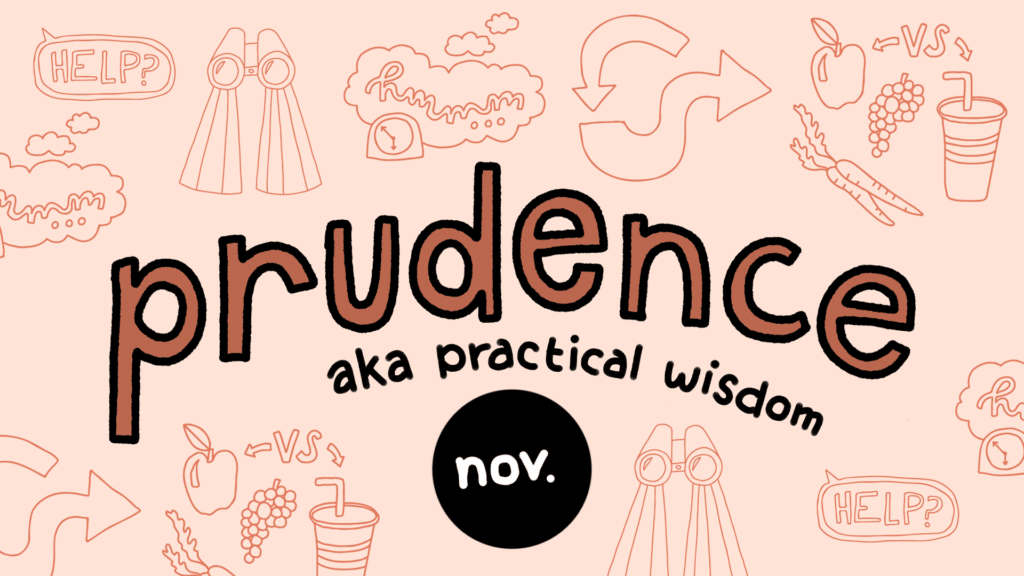Welcome back to our Cuppa Conversations with Dr. Kozinski! He’s with us today to tackle the world of Logic with our favorite fictitious parents, Sophie and Ana, at their favorite, non-fictitious coffee spot, Scout.
If you need a refresher on what’s been covered thus far, you can read about them below:
- What Makes Learning Come Alive, part 1
- What Makes Learning Come Alive, part 2
- Trivium + Grammar Stage
Let’s get started and see what the ladies are up to…
Over a morning coffee at Scout (after dropping Robbie and Katie off at SLOCA)
Sophie: Nice to see you, Ana. What’s on your mind these days?
Ana: I don’t feel like I know what I am doing lately. I’ve never taken one class in logic, and I don’t really know what it is. I’m more comfortable with grammar I must say, though even there there’s so much I don’t know. What the heck is a gerundive?
Sophie: I know what you mean. I feel the same way. I’m ok with learning along with Katie, but sometimes I want to be more in the know.
Ana: Do you think we can figure out this logic thing together? I brought with me a book I bought the other day that was recommended to me. It’s called The Trivium: The Liberal Arts of Logic, Grammar, and Rhetoric: Understanding the Nature and Function of Language. Actually, I found it online if you want to take a look at it; here, I’ll message you the link. Want to delve into it a bit?
Sophie: Sure!
Ana: OK, here goes: “Logic is the art of correct thinking.” I think I get that. Grammar, then, would be the art of correct writing or speaking. Yes, grammar is great and all, but what good is correct writing if your thoughts are way off and your reasoning is screwy!
Sophie: Ha! Right! I was wondering, though, if logic and grammar both deal with the proper use of words, how are they related? Like, in grammar, nouns and adjectives and verbs are the parts of speech. Are there, in logic, “parts of thought”?
Ana: Good question. I would think that a concept is one of the parts of thought, but are there others, and are there parts of concepts?
Sophie: I think we’re getting a little ahead of ourselves. Let’s spend some more time with definitions. Take a look at these:
Phonetics prescribes how to combine sounds so as to form spoken words correctly.
Spelling prescribes how to combine letters so as to form written words correctly.
Grammar prescribes how to combine words so as to form sentences correctly.
Rhetoric prescribes how to combine sentences into paragraphs and paragraphs into a whole composition having unity, coherence, and the desired emphasis, as well as clarity, force, and beauty.
Logic prescribes how to combine concepts into judgments and judgments into syllogisms and chains of reasoning so as to achieve truth.
Ana: Wow! I love the way that ties everything together. And it makes it all sound so simple. Let me think about this. . . . So, words, in grammar, are like concepts in logic, and sentences are like judgments and syllogisms like paragraphs?
Sophie: That makes sense. How about an example? Coffee!
Ana: Coffee is a word, but it is also a concept. What’s the difference?
Sophie: I think the concept is the thought in your mind, and the word is really the same thing as the thought but it’s outside your mind, represented or symbolized or made visible or audible by the word.
Ana: Yes! But there is more than one word for coffee. Does that mean there is more than one concept of coffee? I mean, isn’t coffee just one thing? I know there are many kinds of coffee, but they are still coffee! Coffee isn’t just brown tea, you know?
Sophie: OK, just when the coffee talk’s getting good we need to go! See you next week. In the meantime, why don’t we read a chapter of the Trivium book you showed me and talk about it? Let’s try Chapter 2, “The Nature and Function of Language.” I’ll read it online.
Ana: Like I have the time to read something not on the grid! But I’ll try!
Anyone else wants to know the answer to the coffee question?? Stay tuned for the next installment!!
In the meantime, we highly encourage you to read Chapter 2 of Sister Miriam Joseph’s book that Dr. Kozinski mentioned above. It will facilitate and further increase your understanding on the matter, form, and symbols of language.
Until next time!












